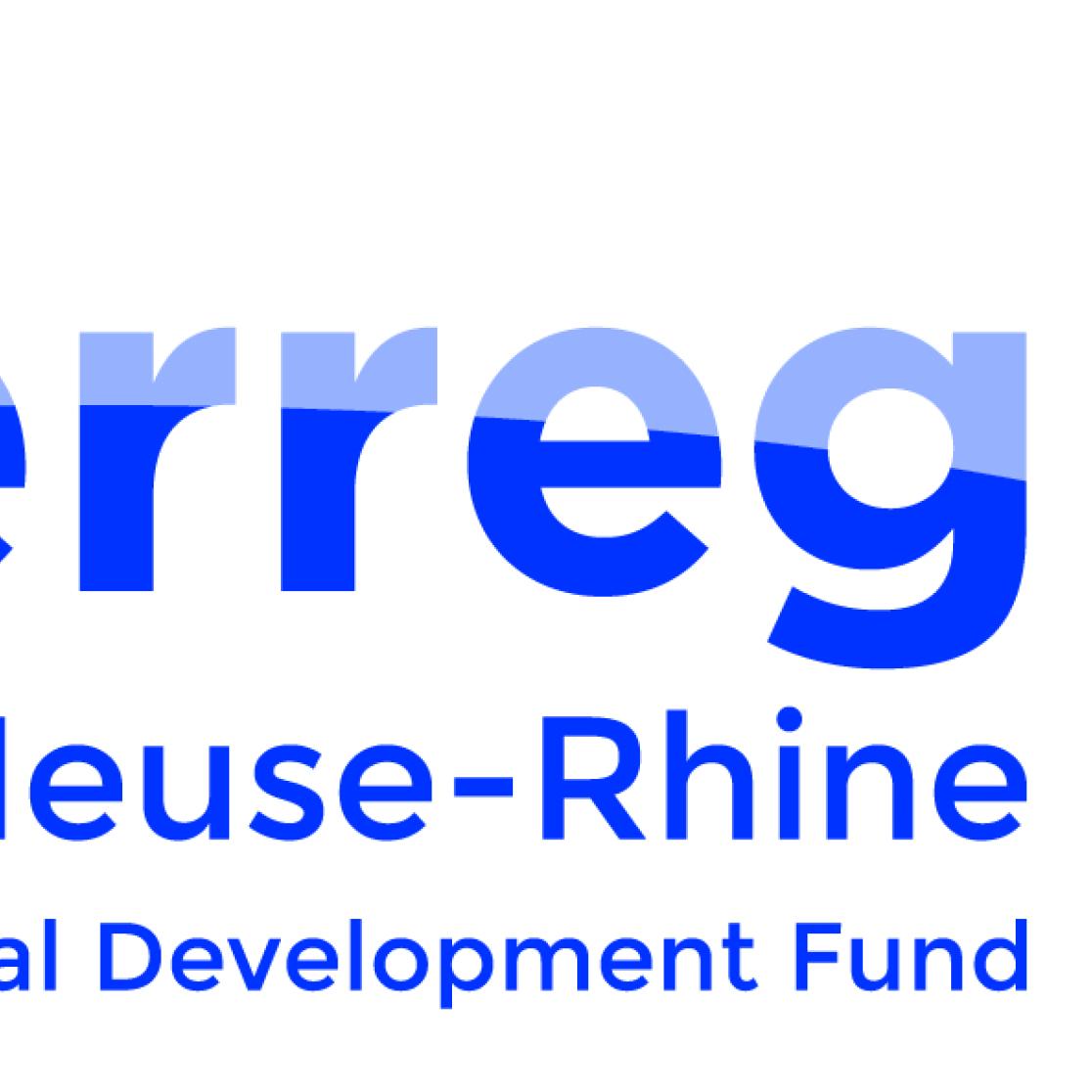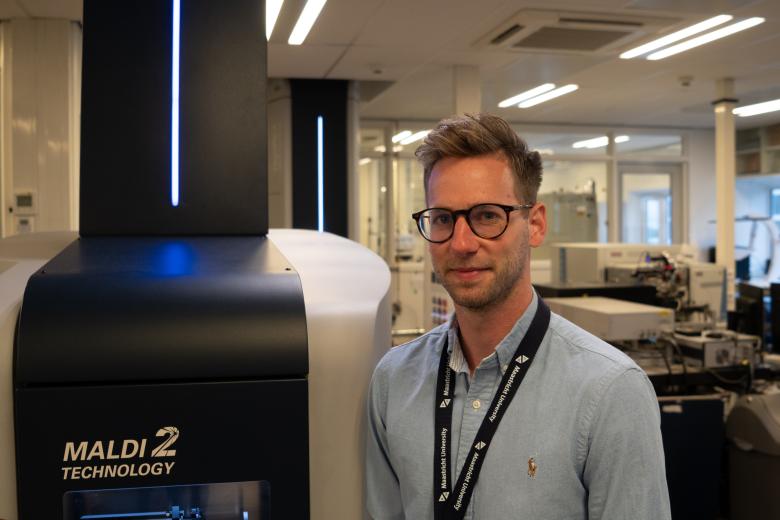Cross-border collaboration within the emergency medical service during the COVID-19 pandemic
Effective Euregional collaboration of emergency services is imperative for public safety in a multi-border region with strong economic, cultural, and social cross-border links. New research by the International Knowledge and Information Centre on public safety, an Interreg project lead by Maastricht University, indicates that existing cross-border collaboration in EU border regions has only limited resilience in crisis situations. The study, published in Frontiers on Public Health on March 15 2022, (https://www.frontiersin.org/articles/10.3389/fpubh.2022.841013/full) has analyzed the effect of the COVID-19 pandemic on emergency medical service (EMS) systems and interhospital transports (IHT) in the Euregio-Meuse-Rhine (EMR). With the onset of the SARS-COV-2 (COVID-19) pandemic, the three EU member states (Netherlands, Belgium and Germany) that have border regions within the EMR were falling back on differing national measures, highlighting the fragmentation within the European Union (EU) and mainly ignored existing cross-border collaborations. To assess the consequences of the pandemic in EU border areas a qualitative study based on semi-structured stakeholder interviews was carried out, taking the EMR as a case in point.

The International Knowledge and Information Center in Public Safety (IKIC) project is being carried out within the context of the Interreg V-A Euregio Meuse-Rhine and is supported with the European Regional Development Fund.
The study revealed that cross-border collaboration between regional actors was hardly or not at all addressed at the national level during political decision- or policymaking. Within the EMR previous direct communication at the personal level was replaced by national procedures, which made regular cross-border collaboration significantly more difficult and in parts impossible. The cross-border transfer regulations of patients with COVID-19 proved to be complex and led, among other complications, to patients being transported to hospitals far outside the border region. Our findings indicate that existing though informal regional (pre-pandemic) structures were helpful to deal with and to compensate for the disruptions during the crisis and need to be formalized, as well as better promoted and recognized also at the national and EU level to increase resilience.
Conclusion
As emergency situations or public health threats do not stop at borders, the cross-border collaboration of regional public safety services is highly important and in many European cross-border regions embedded in the European identity of the regional population. Falling back on stringent national reorganization and policy decision-making when trying to manage major crises like the pandemic should not disenable or hamper cross-border collaboration. The resilience of public safety in cross-border regions depends on sound and reliable regulations and legal tools that allow for the necessary cross-border support. To be effective, it is imperative that healthcare professionals at all levels (from operational up to political) are well-informed about cross-border resources and competencies to strengthen the cooperation among the EU Member States. Governance structures and decision-making for cross-border collaboration need to be based on robust legal instruments and the principles of transparency and participation. This pandemic clearly calls for the improvement of such instruments as well as the political will and understanding to further strengthen cross-border collaboration including a fresh look at the Cross-Border Mechanism (CBM) that were first suggested under the Luxembourg EU presidency to make the best use of scarce resources based on solidarity and mutual understanding.
The Interreg V-A Euregio Meuse-Rhine (EMR) programme invests almost EUR 100 million in the development of the Interreg-region until 2020. This area stretches out from Leuven in the west to the borders of Cologne in the east, and runs from Eindhoven in the north all the way down to the border of Luxemburg. Over 5.5 million people live in this cross-border region, where the best of three countries merges into a truly European culture. With the investment of EU funds in Interreg projects, the European Union directly invests in the economic development, innovation, territorial development and social inclusion and education of this region.
Read the article
Citation: Sommer A, Rehbock C, Vos C, Borgs C, Chevalier S, Doreleijers S, Gontariuk M, Hennau S, Pilot E, Schröder H, Van der Auwermeulen L, Ghuysen A, Beckers SK and Krafft T (2022) Impacts and Lessons Learned of the First Three COVID-19 Waves on Cross-Border Collaboration in the Field of Emergency Medical Services and Interhospital Transports in the Euregio-Meuse-Rhine: A Qualitative Review of Expert Opinions. Front. Public Health 10:841013. doi: 10.3389/fpubh.2022.841013
Corresponding authors:
Anja Sommer (ansommer@ukaachen.de); Prof. Dr. Stefan Beckers (sbeckers@ukaachen.de); Prof. Dr. Thomas Krafft (thomas.krafft@maastrichtuniversity.nl); Irene Zittlau (i.zittlau@maastrichtuniversity.nl)

Co-financers

Also read
-
Weighing molecules and solving problems
Michiel Vandenbosch works in mass spectrometry: identifying the composition of a substance based on the weight of its molecules.

-
Early and reliable asthma diagnosis in young children
What can exhaled air tell us about asthma in young children? Edward Dompeling explains his research in this video.

-
Mariëlle Heuts: deputy director Faculty of Health, Medicine and Life Sciences
Mariëlle Heuts joined the Faculty of Health, Medicine and Life Sciences as Deputy Director on 1 May 2025. She sees her previous work experience in various management and advisory roles at APG, Loyalis and Vodafone come together in her new position at our faculty.
